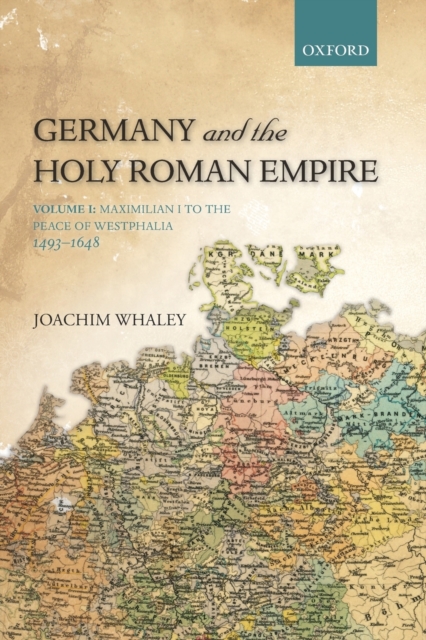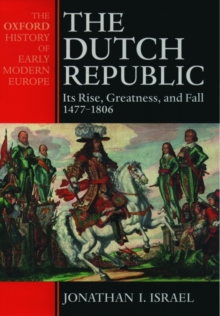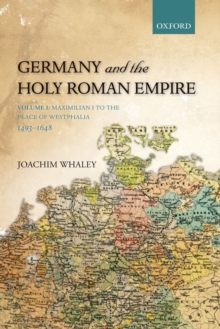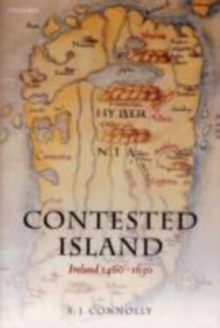
Germany and the Holy Roman Empire : Volume I: Maximilian I to the Peace of Westphalia, 1493-1648 Paperback / softback
by Joachim (Professor of German History and Thought, Professor of German History and Thought, F Whaley
Part of the Oxford History of Early Modern Europe series
Paperback / softback
Description
Germany and the Holy Roman Empire offers a striking new interpretation of a crucial era in German and European history, from the great reforms of 1495-1500 to the dissolution of the Reich in 1806.
Over two volumes, Joachim Whaley rejects the notion that this was a long period of decline, and shows instead how imperial institutions developed in response to the crises of the sixteenth and seventeenth centuries, notably the Reformation and Thirty Years War.
The impact of international developments on the Reich is also examined. The first volume begins with an account of the reforms of the reign of Maximilian I and concludes with the Peace of Westphalia in 1648.
It offers a new interpretation of the Reformation, the Peasants' War, the Schmalkaldic War and the Peace of Augsburg, and of the post-Reformation development of Protestantism and Catholicism.
The German policy successfully resisted the ambitions of Charles V and the repeated onslaughtsof both the Ottomans and the French, and it remained stable in the face of the French religious wars and the Dutch Revolt.
The volume concludes with an analysis of the Thirty Years War as an essentially German constitutional conflict, triggered by the problems of the Habsburg dynasty and prolonged by the interventions of foreign powers.
The Peace of Westphalia, which ended the conflict, both reflected the development of the German polity since the late fifteenth century and created teh framework for its development over the next hundred and fifty years.
Information
-
Available to Order - This title is available to order, with delivery expected within 2 weeks
- Format:Paperback / softback
- Pages:752 pages, 2 black and white maps
- Publisher:Oxford University Press
- Publication Date:10/10/2013
- Category:
- ISBN:9780199688821
Information
-
Available to Order - This title is available to order, with delivery expected within 2 weeks
- Format:Paperback / softback
- Pages:752 pages, 2 black and white maps
- Publisher:Oxford University Press
- Publication Date:10/10/2013
- Category:
- ISBN:9780199688821










